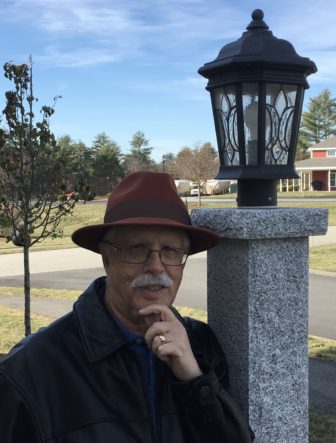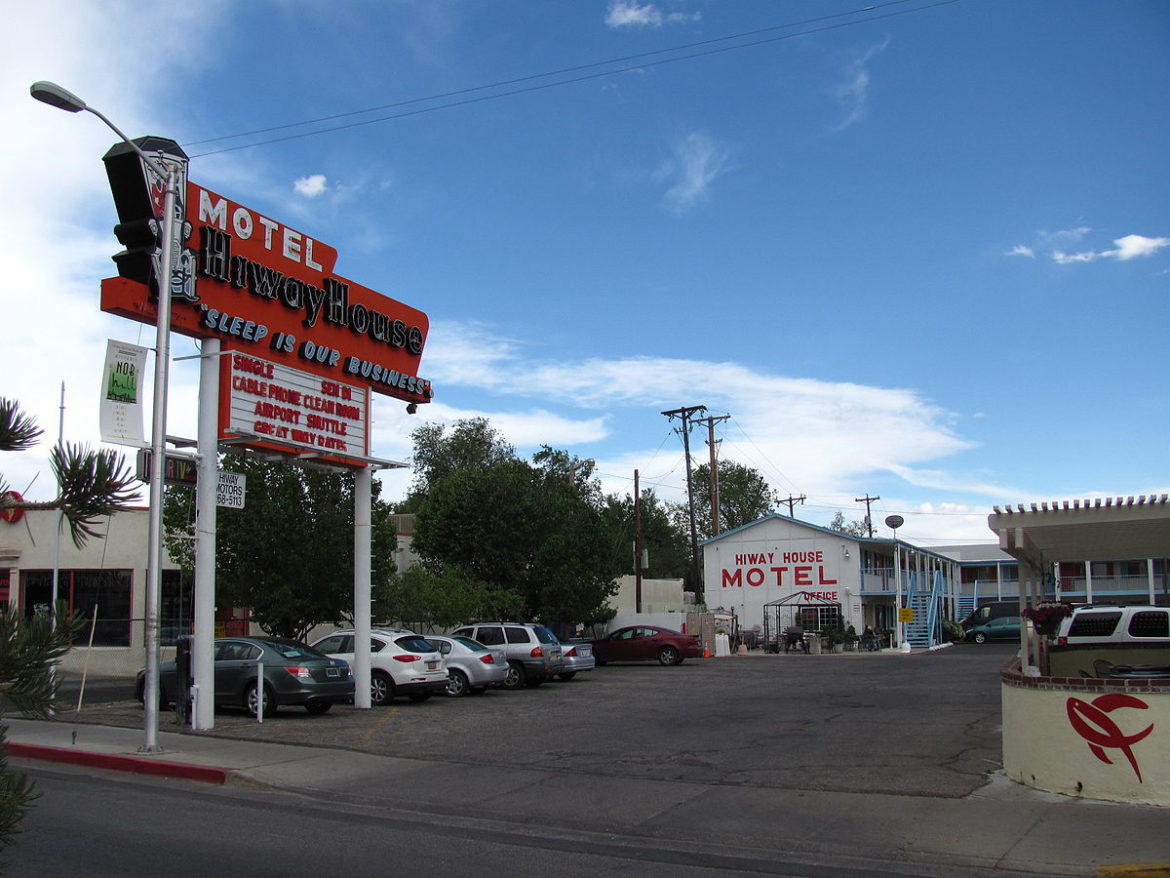By Mark Okrant, InDepthNH.org
We learned in the last NH Travel Guru column that nearly three-quarters of all motels are no longer operational. This week, I would like to address the disappearance of motels from the U.S. tourism landscape, then provide several stopgap measures to preserve those that remain.

Mark Okrant, NH Travel Guru
In truth, the motel’s demise began at its outset. During the early years of motels, an important characteristic proved detrimental. By definition, “all motel guest rooms are directly accessible from the exterior of the building.” This feature guarantees that a traveling party can—if they so desire—have minimal exposure to management and other guests. There is no public lobby or front desk, nor an elevator to be used. The traveler simply drives onto the property, walks up to a small office, pays that night’s room rate, parks the car directly in front of his or her guestroom, and quickly enters through the exterior door.
No doubt you are pondering what sort of clientele could find this arrangement particularly attractive. If you answered criminals, cheating spouses, or prostitutes, you’ve just won a Kewpie doll.
Unfortunately for hundreds of motel proprietors, law enforcement officials and scorned spouses reached the same conclusion. Soon, many motels and motor courts developed reputations as “dens of iniquity” and, in too many instances, this reputation proved to be unshakable. Numerous other motel properties closed their doors because they occupied space that was highly desirable for land uses such as shopping malls, parking lots, and the interstate highway right-of-way.
What ultimately proved to be the greatest source of adversary for this lodging type was the completion of the interstate highway system during the latter half of the twentieth century. These new, limited access roads changed the mindset of vacationers and businesspersons alike. Instead of a touring experience, travelers developed a preference for the new higher speed turnpikes which allowed them to drive directly to destinations without stopping repeatedly along the way. With destination travel in vogue, the old roads as well as the lodgings, restaurants, and attractions they once supported lost their functionality (i.e., they no longer served a utilitarian purpose for a vast majority of travelers).
Not all motels and motor courts have found it necessary to close their doors permanently. Properties located in or near vacation destinations, such as beach towns and outstanding natural or cultural attractions, have remained profitable until the current day.
What solutions are available to those wishing to preserve the remaining iconic properties situated along old U.S. and state highway systems? Here are several solutions.
One easy fix is a name change. Since many members of the traveling public do not react positively to the label ‘motel’, some owners have renamed their properties. Thus, the Oxbow Motel might become the Oxbow Inn, Oxbow Lodge, or Oxbow Resort Motel. As a stickler for proper tourism typologies, I object to such misleading name changes.
A second solution—one I strongly support—is to increase the functionality of a number of remaining 50s-60s properties by taking advantage of the current affection for nostalgia in the U.S. Working with preservationists and tourism marketing officials, property owners should create a series of retro-tours. This isn’t an original concept, as similar programs are working well in New Jersey and along Route 66. Why not in New Hampshire?
I am not advocating the following solution although, to date, it is clearly the most successful. In Puerto Rico, 39 of 69 motels have branded themselves, “la ruta del amor” (the path of love). At each, one enters the property via a long driveway where several parallel rows of structures, each with numerous garage doors, await. The prospective guest accesses a motel unit through an open garage. After closing the door, the client enters the motel unit with his or her “date”. Next, the motel guest hands a credit card to a property manager through a specially designed box that guarantees concealment. With the transaction completed, the couple spends the next eight hours in blissful anonymity. A similar concept is financially successful in Puerto Rico, Japan, and Brazil.
What do you readers think? Could romance be the key to saving our declining motel industry in New Hampshire?
After forty years as an educator, researcher, and consultant, Mark Okrant joined IndepthNH.org to offer concise, informative insight into New Hampshire’s travel and tourism industry as a business, while showcasing the people and places you want to know. This guy’s really been around. And, he’s funny, too.
 For more about Mark’s compelling tourism-based murder mystery series, visit www.markokrant.com.
For more about Mark’s compelling tourism-based murder mystery series, visit www.markokrant.com.
For information on current things to do in New Hampshire, go to:
http://www.visitnh.gov/what-to-do/event-calendar.aspx






